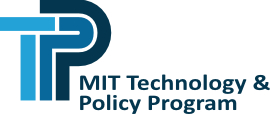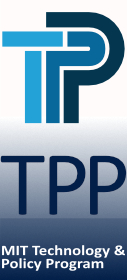Students and faculty in the Technology and Policy Program engage 21st century global challenges — also known as “trillion-dollar problems” — that have been the focus of a large number of recent initiatives in the science and engineering communities. Addressing these challenges, which involve both technical and societal components, requires expertise from multiple disciplines. We tackle problems in domains such as environment, health, transportation, and energy by bridging technical understanding and policy analysis.
While some TPP researchers focus on solving concrete problems in complex, socio-technical systems with policy relevance, others are engaged in efforts to develop methodological principles and approaches that can help understand and design complex, large-scale systems. TPP researchers also conduct policy-oriented research that aims to inform and improve industrial and governmental decision-making.
TPP students and faculty are involved in research efforts across the entire MIT campus. Most TPP Master’s students, for example, work as Research Assistants (RAs) within an MIT lab or center to fund tuition and living expenses, and may work for any of the Institute’s departments and faculty. In particular, research relevant to technology and policy occurs in a number of research centers and programs, including the Sociotechnical Systems Research Center (SSRC), the MIT Energy Initiative, the MIT Portugal Program (MPP), the Laboratory for Aviation and the Environment (LAE), and the Center for Transportation and Logistics. Relevant research also occurs in numerous MIT departments.
Results of Technology and Policy Program research have real-world impact in the policy sphere. Through careful analysis, TPP researchers can provide credible, relevant information that is trusted by diverse stakeholders. Through partnerships with decision-makers in the public and private sector, TPP researchers can help clarify issues, resolve controversies, and explore policy options.


